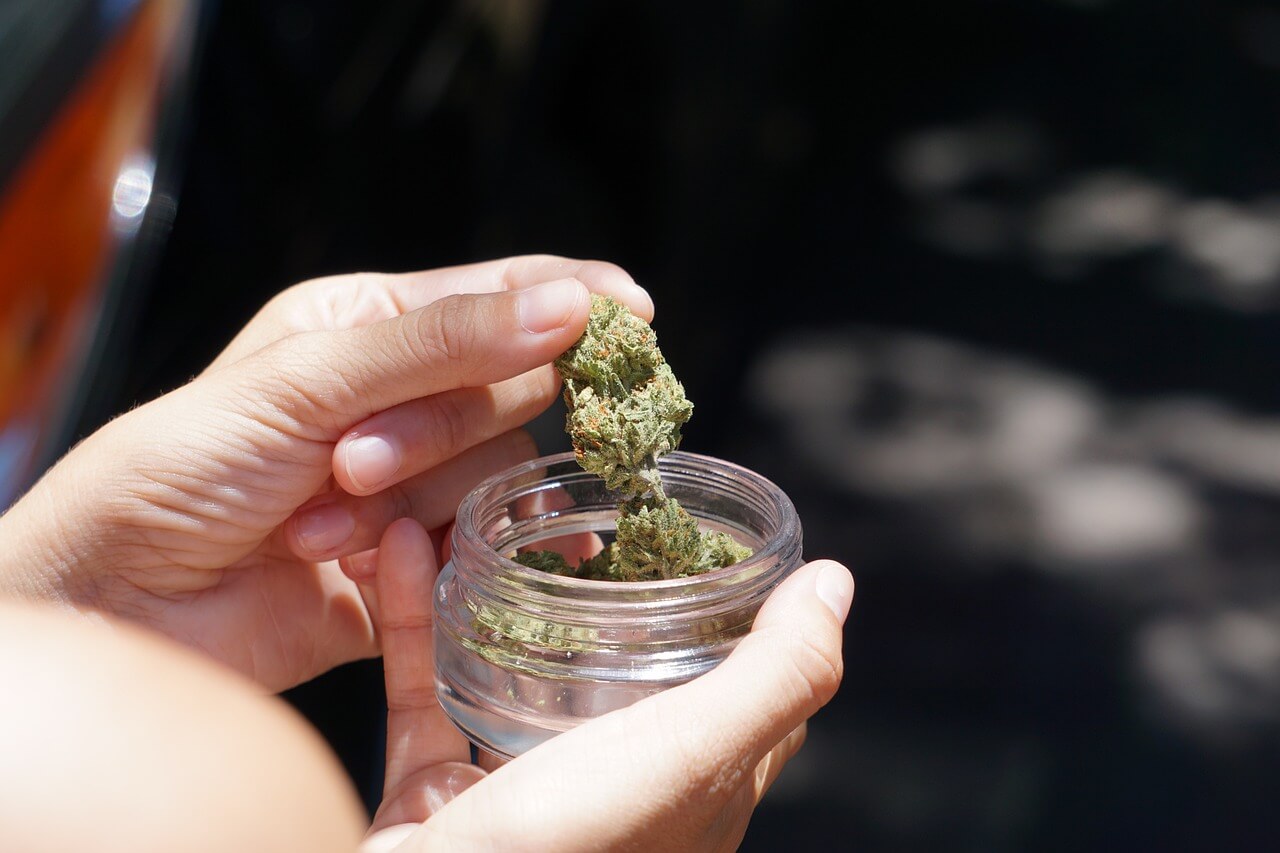If you’re pregnant, you probably feel like your body is a totally new machine with very different operating parameters than before. It feels like everything — from your skin to your appetite — is completely different now that you’re expecting. And one of the more challenging changes for many women during pregnancy is the effect it has on bowel movements and general GI health. Many expectant moms find themselves dealing not only with an increased tendency towards constipation but also nausea, gas, bloating and other unpleasant symptoms related to their digestive tract. Fortunately, there are several things that you can do to prevent or at least mitigate the potential negative effects of pregnancy on your bowels and general GI health. In this article, we will discuss eight tips that should help keep your digestive tract moving in the right direction regardless of whether you’ve recently given birth or are still waiting until after the due date to deliver.
Stay Proactive With Frequent Bathroom Visits
One of the most important ways to prevent constipation during pregnancy is to stay proactive with your bathroom visits. In other words, you’ll want to make sure that you’re getting to the bathroom at least every few hours, and ideally once every one to two hours. This will help prevent the buildup of gas and other toxins that can lead to constipation. Freedom from digestive discomfort during pregnancy is also related to making sure that you’re drinking plenty of water and other liquids. Preferably, you should consume at least 64 ounces of water each day along with a healthy diet rich in fiber but low in fat and other potential constipation triggers and irritants. Along with water, you should also be getting plenty of fiber, fruits and vegetables in your diet to help keep things moving naturally inside your GI tract and avoid constipation.
Make a Diversion Technique Part of Your Routine
While you should avoid any sort of extreme or drastic measures during pregnancy, one diversion tactic that can help a lot of people with constipation is the “toilet plunge” or “porcelain plunge.” Essentially, this is just a modified version of the “plunge” method for treating constipation. You simply jump up from the toilet and run very hot water on the toilet paper for a few seconds before returning to the toilet to wipe yourself. The extreme heat from the toilet paper is meant to destroy any germs and bacteria that might be on or around the area you’re wiping and then the extreme cold water is intended to shrink the swelling in the anal region, which should help you avoid constipation.
Manage your stress levels
As with most aspects of pregnancy, managing your stress levels can be an important part of preventing and managing constipation. Some experts suggest that constipation is related to the way that stress hormones affect intestinal movement. If you have a high level of stress, you may need to be even more proactive with bathroom visits to make sure that you’re not subjecting yourself to the additional risk of constipation. You also need to be mindful of your diet when dealing with high stress levels. While it is important to stay healthy and maintain a well-balanced diet, you may need to cut down on certain foods that are known to cause constipation. An occasional indulgence isn’t likely to cause harm but if you’re regularly struggling with constipation, you will want to avoid or at least limit the below foods: Coffee – While coffee has many health benefits, it can also cause constipation. Alcohol – While alcohol is also known to cause constipation, many women do drink during pregnancy. Salty foods – Some salty foods such as chips and popcorn are high in fiber and can help prevent constipation. However, eating too much can make the problem worse. Fried foods – Fried foods are unhealthy and can increase your risk of heart disease, obesity and constipation. Cereal – Cereal is high in fiber, but many brands are also high in sugar which can lead to constipation.
Take a probiotic
One way to support your general GI health during pregnancy is to make sure that you’re getting a daily probiotic supplement. Many experts recommend this as a natural way to support your digestive health in general but also help to prevent and/or alleviate constipation. Probiotics are live bacteria that are often used as a dietary supplement to boost your general immunity and protect your GI tract from harmful bacteria and other foreign bodies. Probiotic supplements are available in capsule or chewable form and can be found at most local health food stores. You can also purchase them online. In most cases, these supplements come in both dairy-free and dairy-containing options. Make sure that you’re purchasing a high-quality probiotic supplement, as you want to make sure that the product actually contains high levels of beneficial bacteria. You can also add probiotic-rich foods such as yogurt and miso to your diet.
Try a natural laxative and enema
If you are struggling with a chronic case of constipation while pregnant, you may want to try one of the following natural laxatives: Barley – Barley is one of the oldest grains cultivated by humans and has long been known as a natural laxative. Dandelion – Dandelion is a common herbal remedy used to promote healthy digestion and help relieve constipation. Rhubarb – Rhubarb is another common natural laxative. While it is safe to consume when pregnant, you should always speak to your doctor first. Aloe – Aloe vera is a natural laxative and often used to treat constipation. It can also be used as an enema or laxative suppository.
Exercise regularly
Regular exercise has many benefits for expectant mothers but surprisingly, it can also help to prevent constipation. Focus on moderate forms of exercise such as yoga and pilates to help keep your bowels moving and your general GI health in good shape. If you’re an avid exerciser who suddenly finds herself struggling with constipation, it’s important to remember that too much exercise can actually be a contributing cause.
Eat more fiber
A diet rich in fiber is one of your best weapons against constipation. You can add fiber to your diet by eating more fruits and vegetables and whole grains. If you’re not getting enough fiber in your diet, you can also take a fiber supplement. There are two types of fiber: soluble fiber and insoluble fiber. Both are important for good health, but it’s especially important for pregnant women to get enough fiber. Eating more fiber can help prevent constipation and improve your baby’s health.
Drink more water
The old adage “hydrate, hydrate, hydrate” is especially important when pregnant. Not only does it help to keep your body healthy, but it can also prevent constipation. Preferably, you should drink at least 64 ounces of water a day. You should also strive to avoid drinking too many sugary drinks. These drinks can actually cause constipation because they dehydrate your body and don’t give it what it needs.
Try acupuncture or acupressure
There are a few traditional Chinese medicine techniques that can help manage your digestive health and ward off any potential issues with constipation. Acupuncture and acupressure are natural therapies that have been used for thousands of years as a way to promote health and balance in the body. These ancient practices have been proven to help with a variety of health issues, including constipation. You can visit a health clinic or acupuncturist to receive treatment, or try doing it at home by placing your fingers on specific points on your body.
Conclusion
Constipation can be a problem for many people, especially when they are pregnant. This is especially true for women who are pregnant and breastfeeding. This can be caused by hormonal changes and a decrease in dietary fibre intake. The good news is that most instances of constipation can be easily treated with some home remedies. While some of these treatments are effective, you should always speak with your doctor before trying them. These treatments may help decrease your risk of experiencing constipation while pregnant.










